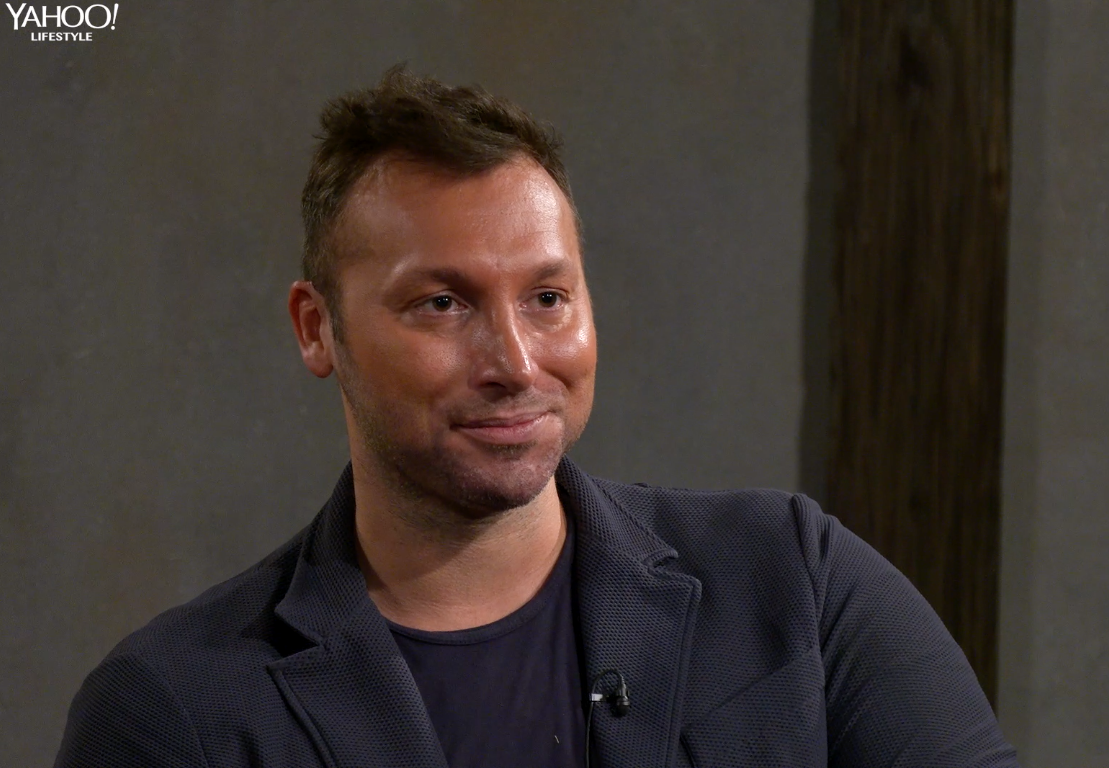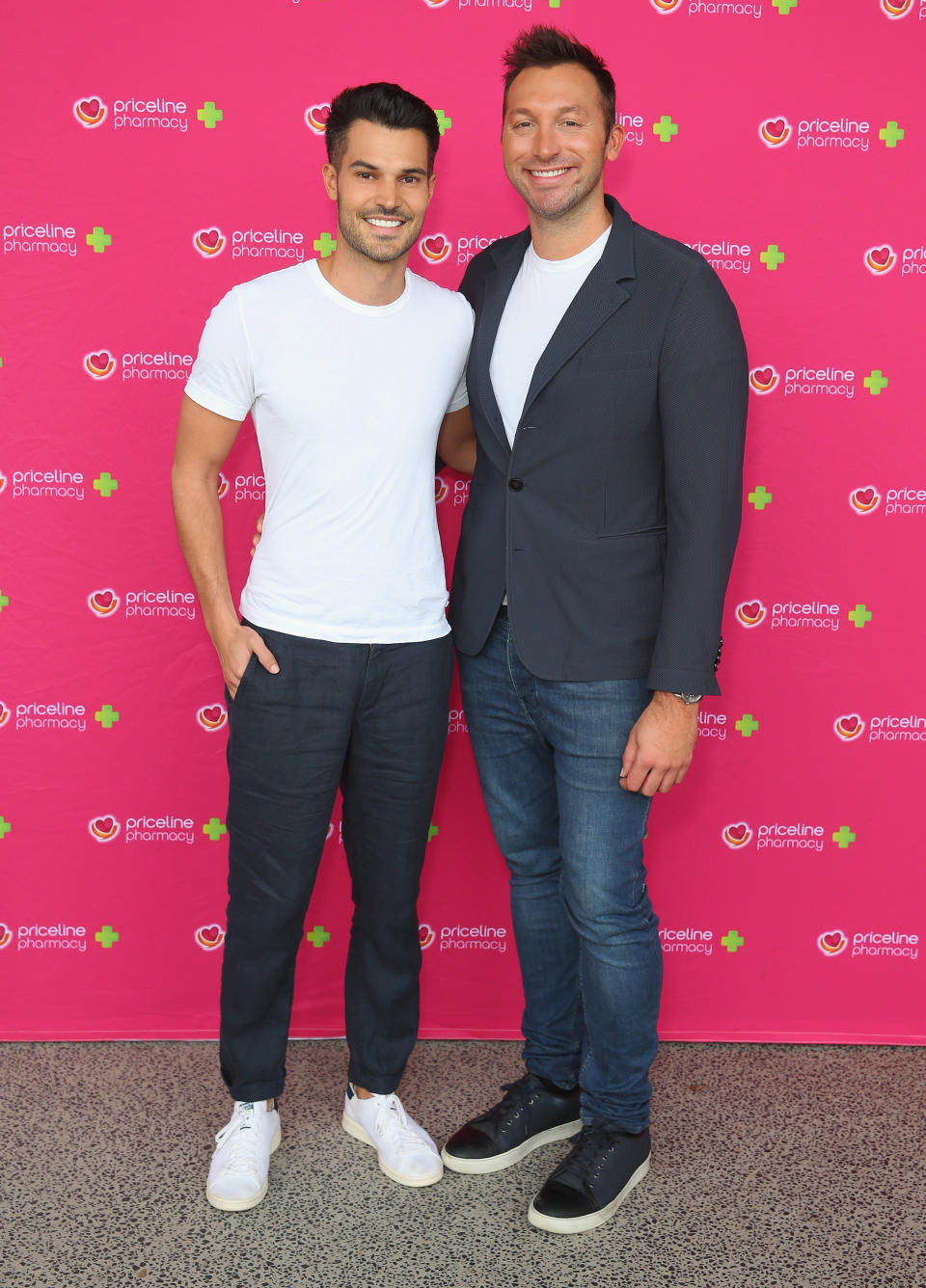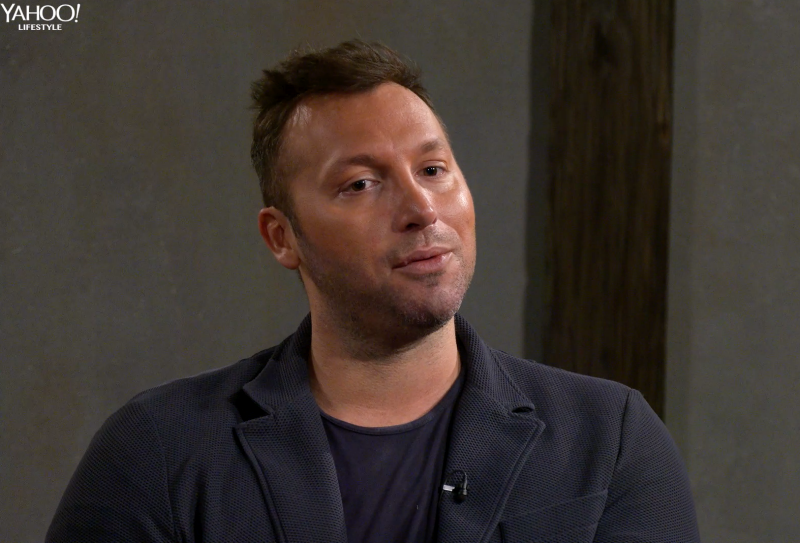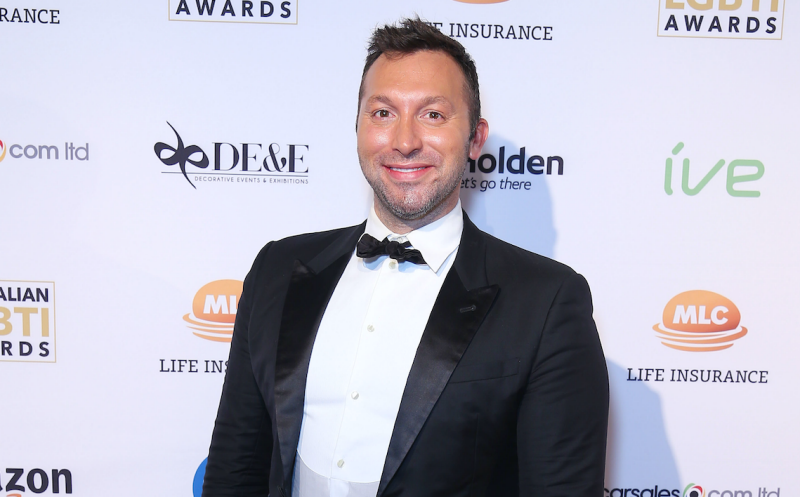'I didn't believe the doctors': Ian Thorpe's biggest fight

Olympic legend Ian Thorpe admits it took him years to be able to talk openly about his struggles with mental health issues and depression.
But now he hopes that by continuing to share his story, and by revealing some of the strategies he has learned to cope with feelings of depression when they arise, he can help others, especially young people, who are going through a similar journey.
The swimming great has spoken over the past few years about the impact that depression had on his life. And while he has made incredible progress since he first sought help, he admits that he sometimes still has bad days.
“I look at my life and I look at the opportunities and look and what I can do, and most days I feel blessed that I can do all of those things,” Ian says in an interview with Yahoo Lifestyle, which you can watch above. “And a couple of days I don’t feel that way. And that’s ok as well.”
Ian, who is an ambassador for Reach Out’s Laps for Life initiative this month, says if he gets to a point now where he is feeling depressed, he will make sure to acknowledge those feelings, but then take steps to move forward.
“If I get to that point now where I am feeling depressed, I’m going to take the day for myself and I’m not going to leave the house today,” he tells us.
“But tomorrow I’m going to get up and do what I have to do that day. And if I can’t, I’m going to call a friend and I’m going to make sure to have dinner with that friend. So I’ve got a respect for what I’m going through, but put a timeline on it.”
A post shared by Ian Thorpe (@ian.thorpe) on Jan 2, 2019 at 2:02pm PST
And having someone there to help, like Ian has his longtime partner Ryan Channing, also helps.
“Just sharing space with someone, and them intuitively knowing when you might be a bit down and that then becomes a Netflix day and things like that, can help as well,” Ian says.
“Also someone encouraging – I was going to say nagging – you to get out the next day and make sure that we are out with friends and doing things that I know I have enjoyed in the past and will get enjoyment out of again.”

Many were surprised to learn that Ian’s struggles with mental health began back in his teenage years. He was a successful swimmer, gold medalist and national sporting hero. But that wasn’t the whole story.
“What is on the outside often is very different to what’s going on on inside. You can have all of these tremendous successes and all of the trappings that come with success and still not be content, not be happy,” he admits.
“You actually start to feel a sense of guilt because you realise you should be happy.”
He says things got so bad that he didn’t believe doctors when they told him his condition was manageable.
“I was really struggling,” he says.

“It’s not just being down for that small moment, it’s when you are down and it takes all of your energy to be able to get out of bed or get out of the house. Where you start cancelling plans because you don’t want to see friends, because you’re going through something where you feel, not only sad, but quite hollow during that time. And you’re being entirely irrational in what you’re doing.
“The best thing for you to do is actually to go out with your friends, walk the dog, swim a few laps. But in that time you just don’t feel like you can do it.”
After getting help for his condition, Ian says it was after his shoulder replacement surgery almost three years ago that things started to head in a more positive direction.
“It was a simple moment, it wasn’t anything that was special. I just actually acknowledged the day that I’m actually happy on this moment. And I have been for a couple of weeks now,” he remembers.

Ian been involved as a patron for Reach Out, an online resource for young people, and is now an ambassador for Laps for Life with the aim of raising awareness about mental health issues during the month of March and beyond.
“To be able to show people that mental health issues don’t discriminate,” he tells us.
“You may be the wealthiest person in the world and everyone thinks you have it all. You could be a highly successful business person but you’re struggling at home, and for people to realise that this just happens to anyone and you can deal with it.”
More on Ian’s work with Laps for Life:
If you are concerned about the mental health of yourself or a loved one, seek support and information by calling Lifeline on 13 11 14, Mensline on 1300 789 978, or Kids Helpline on 1800 551 800.
If you’re experiencing feelings of anxiety or depression contact Beyond Blue or PANDA for support.
Got a story tip? Send it to lifestyle.tips@verizonmedia.com
Want more lifestyle and celebrity news? Follow Yahoo Lifestyle on Facebook, Twitter and Instagram.
Or sign up to our daily newsletter here.

 Yahoo Lifestyle
Yahoo Lifestyle 


